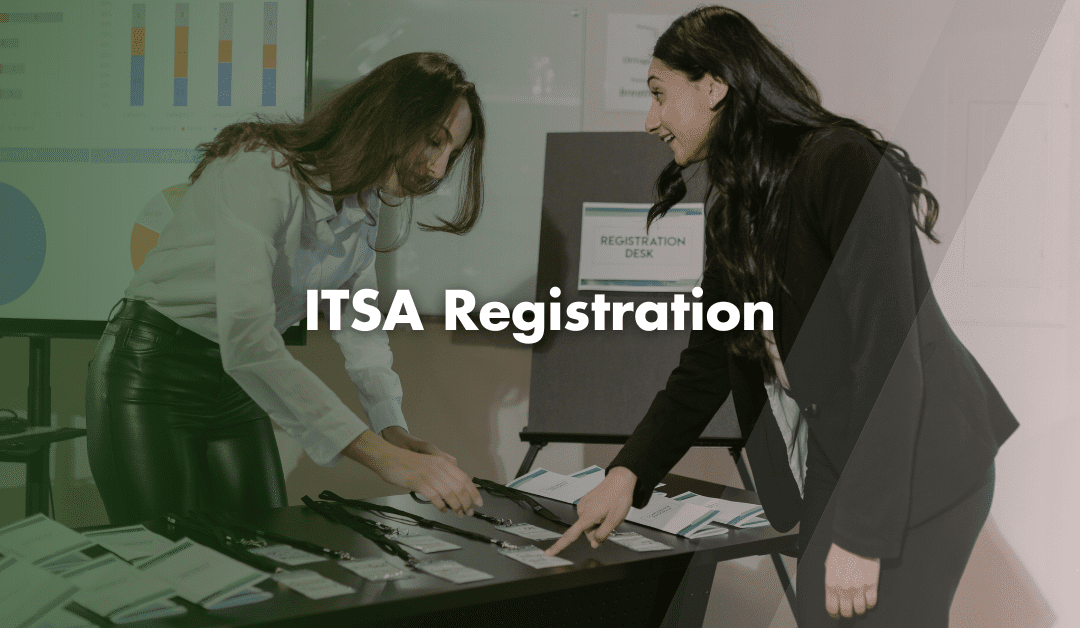HMRC have published a call for evidence on the case for reforming the rules for registering for Income Tax Self Assessment (ITSA). The call for evidence is interested in hearing views on whether it would be beneficial to bring forward the deadline by which landlords and the self-employed must register for ITSA.
Current rules
Currently, there is no statutory obligation to register for ITSA; instead, the requirement is to notify HMRC where a tax liability exists. This must be done within six months from the end of the tax year in which the liability arose, i.e., by 5 October after the end of the tax year. This requirement is met by registering for ITSA. Where the taxpayer is self-employed, registering for ITSA also registers the taxpayer for Class 2 National Insurance.
If a taxpayer who is already within ITSA has a new source of income, there is no requirement to tell HMRC separately about that new source. Instead, it is reported on the self-assessment tax return.
The notification window depends on when in the tax year the self-employment starts or the taxpayer becomes a landlord. For example, if you started your self-employment on 6 April 2021, you must notify HMRC (normally by registering for ITSA) by 5 October 2022 – a window of 18 months. However, if you start your self-employment on 31 March 2022, you still have to notify by 5 October 2022 – a window of just over six months. This is because the notification deadline relates to the tax year in which the trade started rather than the date on which the trade started.
Possible reforms
The call for evidence sets out options for a possible reform of the rules. The first option is to reform the existing requirement to notify rules so that the taxpayer is required to notify HMRC of the liability to tax within a set window after the source first arose. Potential notification windows of two, three or four months are suggested.
The second option is to remove the current statutory obligation to notify, and to replace it with a requirement to register for ITSA within a specified period after the start of the self-employment or property business. Alternatively, the obligation to register could be triggered once turnover reaches a certain level, for example, £1,000 to align with the trading and property income allowances.
HMRC may also explore ways in which third-party data could be used to identify those who have recently started in business so that they can be made aware of the need to register, if they have not already done so.
Get in touch
If you have recently started a business or become a landlord, please get in touch. We can help you register for tax: Pi Accountancy | Expert Business Advice | Gloucester & Swindon (pi-accountancy.co.uk)

